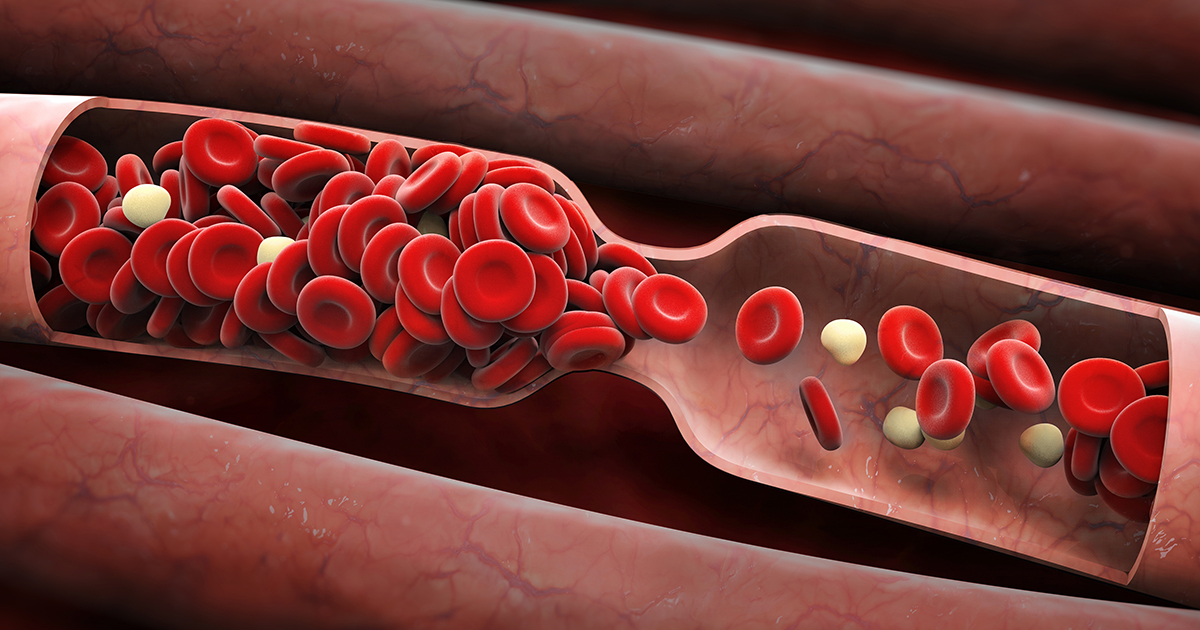Signs Of Paroxysmal Nocturnal Hemoglobinuria
Blood Clots

Red blood cells aren't the only thing affected by paroxysmal nocturnal hemoglobinuria. Platelets are responsible for stopping the bleeding process, and if platelets are abnormal, it can cause problems with how your body clots your blood, and you may end up with a blood clot.
Furthermore, low levels of nitric oxide in your system can lead to blood clots. This is because under normal circumstances nitric oxide works to prevent or limit platelet activation. As discussed, patients with paroxysmal nocturnal hemoglobinuria have low levels of nitric oxide, meaning they are more likely to experience blood clots.
Continue reading to learn about the types of pain to watch out for.